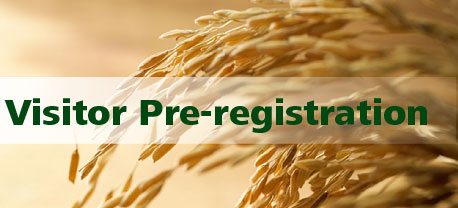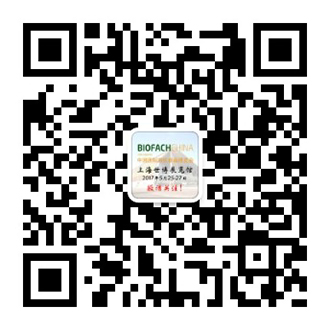News of Organic Industry
In many social sectors sustainability has become a key phrase. In the wine sector too this term is increasingly asserting itself.
The term sustainability was mentioned for the first time in the “Limits to growth” report published by the Club of Rome in 1972. It was not until more than 20 years later that the first definitions of the term “sustainable winegrowing” came into being. Reference is always made to the three pillars of sustainability: ecology, economy and social aspects. The emphasis put on the individual aspects is very different in the various countries.
As far as the ecological aspect is concerned, the requirements placed on the sustainable producers are predominantly lower than those in the organic growing sector. The latter is clear and unequivocal in this point: synthetic pesticides, herbicides and water-soluble fertilizers are permitted without exception. In the area of sustainable production in contrast, they are allowed with certain restrictions, in a similar scenario to that of “integrated cultivation”.
It began in California. The “Sustainability in Practice”(SIP) program was founded in 1994. Joining it is made easy for the winegrowers, as initially only self-assessments and continuation training are required. 58 criteria are certified, for each of which there are three standard levels. The result of the test is a points system, which reflects the Status Quo of the company in terms of sustainability. Over the years every producer has to then improve their points tally in order to continue receiving certification. In 2011, 66 vineyards were certified according to SIP.
A similar points system exists in South Africa, where the “Integrated Production of Wine” was introduced in 1998. In New Zealand from this year onwards, all wine producers are to operate according to their own definition of sustainability. This argument is already being used in communication. Upon closer inspection it becomes apparent however that compliance with the international standard for environmental management ISO 14001 is already sufficient to be recognized as “sustainable”. This ultimately simply requires however that those involved abide by the laws. Social and economic criteria are lacking. In Chile the “Chilean National Sustainability Code” is in the process of being developed. So far no vineyard has been certified. Here the guidelines are generous when it comes to ecology, for example the application of herbicides. The social requirements in contrast are strict. Economic criteria do not yet exist.
I
n Germany the “FairChoice” logo, which is awarded by the German Institute for Sustainable Development (Deutsches Institut für nachhaltige Entwicklung - DINE), has got people talking. During BioFach 2011, the Rhenish-Hesse vineyard Neumer was the first to be awarded the “FairChoice” certificate. This estate has been growing wine for a long time according to organic guidelines and is a member of “Ecovin”. Organic companies automatically fulfill the ecological criteria of “FairChoice”. Compared to other countries, these are relatively strict. A CO2 track record is also obligatory. In addition social and economic requirements must be fulfilled.
Thanks to the many specialist discussions on the theme of sustainability, among others, aspects have come to the forefront, which are located outside the immediate production area. A factor of considerable importance in winegrowing is for example energy consumption in the manufacture of bottles and transport. Whereas previously the particularly heavy glass bottles were regarded as a very prestigious feature, now several wine producers have switched over to light bottles in order to improve their products’ CO2 footprint. An example we must mention here is Alois Lageder from Southern Tyrol. In addition, including the social aspect is extremely progressive and today this factor has become increasingly significant in the public debate, which is reflected for example by the consumers’ interest in fair trade.
In keeping with this theme, the Wine Forum will be presenting the lecture on “Organic wine? More than just an organic product? Sustainability in growing, development and marketing” (Friday, 17th February 2012, Hall 4A). In addition, under the main theme of “Sustainability in the organic movement”, a total of 11 lectures will be held in the newly created Sustainability Forum at BioFach. The highlights include, among others: “Status Quo, potential and a real vision of sustainable management” and also “Practicing sustainability – in the field of tension between mission, motivation and manipulation.”
2012-02-08 Wolfram Römmelt
Tags: wine









